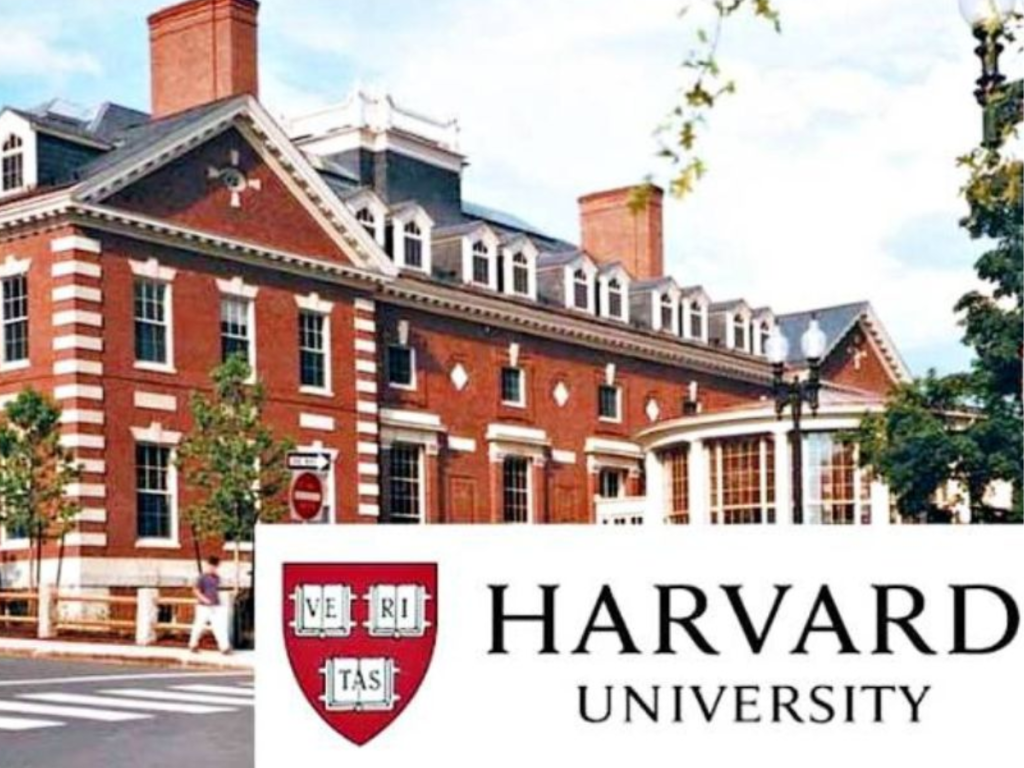Introduction
The University of Cambridge, located in the city of Cambridge, United Kingdom, is one of the oldest and most prestigious institutions of higher education in the world. With its rich history, outstanding academic reputation, and a track record of producing some of the most influential thinkers, leaders, and innovators across the globe, Cambridge continues to be at the forefront of education and research. This article delves into the various aspects that make the University of Cambridge one of the top universities in the world.
The History of the University of Cambridge
Founded in 1209 by scholars who fled from Oxford University due to disputes, the University of Cambridge has a history that spans over 800 years. The university was established to provide higher education and a place for intellectual and scholarly pursuit. Throughout its long history, Cambridge has produced groundbreaking research, contributed significantly to global culture, and influenced the development of numerous fields including science, literature, politics, and philosophy.
Initially, the university comprised only a handful of scholars, but it gradually grew into a renowned institution, attracting brilliant minds from all over Europe. Over time, Cambridge’s colleges were established, and the university became a beacon for academic excellence, with its rigorous academic standards and unique tutorial system.
Cambridge’s Academic Reputation
Cambridge is known for its exceptional academic standards, offering a broad spectrum of undergraduate and postgraduate programs across various disciplines. The university is particularly renowned for its programs in the sciences, mathematics, and engineering, but it also offers outstanding programs in the humanities, arts, and social sciences.
The university consistently ranks among the top universities globally. In 2024, Cambridge was ranked 2nd in the QS World University Rankings, a testament to its academic quality and global influence. It is also frequently ranked among the top in various subject-specific rankings, with its engineering, computer science, and natural sciences departments consistently topping global charts.
A key factor contributing to Cambridge’s academic excellence is its unique tutorial system. Under this system, students receive individual attention from world-class professors and tutors. This allows students to explore their subject matter in depth and develop critical thinking skills. The tutorial system fosters a close-knit academic environment, encouraging intellectual curiosity and in-depth discussion.
The Colleges of Cambridge
The University of Cambridge is made up of 31 autonomous colleges, each with its own distinct history, traditions, and identity. These colleges provide students with a supportive community where they live, study, and socialize. While the university itself oversees academic programs and degrees, each college is responsible for admitting students, providing accommodation, and offering pastoral care.
Some of the most famous colleges include King’s College, Trinity College, and St John’s College. King’s College, for example, is renowned for its stunning Gothic architecture, particularly the King’s College Chapel, which is considered one of the finest examples of English Gothic architecture. Trinity College, another iconic institution, is the largest college at Cambridge and has produced numerous notable alumni, including Sir Isaac Newton and Lord Byron.
Each college offers its own unique culture and facilities, and students are often encouraged to become actively involved in their college’s social and extracurricular activities. The college system fosters a sense of camaraderie and belonging, making the Cambridge experience more personal and enriching.
Research and Innovation at Cambridge
Research is at the heart of the University of Cambridge, and it plays a significant role in its reputation as a global leader in higher education. The university has made groundbreaking contributions to various fields, including physics, medicine, chemistry, and engineering. Cambridge’s world-class research facilities and partnerships with industries allow students and faculty to work on cutting-edge projects that tackle some of the most pressing global challenges.
The university is home to numerous research institutes, including the Cavendish Laboratory, the Cambridge Institute for Sustainability Leadership, and the MRC Biostatistics Unit. These institutes support research in a wide range of fields, from quantum physics to global health. Cambridge is also at the forefront of interdisciplinary research, encouraging collaboration between different academic departments to find innovative solutions to complex problems.
One of the most notable achievements of Cambridge researchers is the discovery of the structure of DNA by James Watson and Francis Crick in 1953. This discovery, which revolutionized the field of genetics, is just one example of the many contributions Cambridge has made to science and society. The university has also produced more Nobel Prize winners than any other institution, with over 100 individuals associated with Cambridge being awarded the prestigious honor.
Student Life at Cambridge
Student life at the University of Cambridge is diverse, vibrant, and intellectually stimulating. While academic rigor is at the core of the Cambridge experience, students also have the opportunity to engage in a wide range of extracurricular activities. Cambridge offers a wealth of student societies, sports teams, and cultural events, allowing students to explore their interests beyond the classroom.
There are over 700 student-run societies at Cambridge, ranging from academic societies to cultural, political, and religious organizations. These societies provide students with the opportunity to network, collaborate on projects, and develop leadership skills. The university also has a rich tradition of student theater, with the Cambridge Footlights being one of the most famous student theater groups in the world.
For those interested in sports, Cambridge offers a range of athletic activities, from rowing to football to tennis. The annual Boat Race between Cambridge and Oxford is one of the most famous sporting events in the UK and is a symbol of the fierce rivalry between the two universities. Cambridge also has excellent sports facilities, including a state-of-the-art fitness center and numerous sports fields and courts.
The university is also home to a thriving arts scene, with regular performances, exhibitions, and festivals taking place throughout the academic year. Cambridge students can also take advantage of the many cultural institutions in the city, including museums, galleries, and theaters.
The Alumni Network: A Legacy of Excellence
The University of Cambridge has a vast and influential alumni network, with graduates excelling in a wide range of fields. Some of the most famous alumni include Sir Isaac Newton, Charles Darwin, Stephen Hawking, Alan Turing, Sylvia Plath, and many others. The university’s alumni have made significant contributions to science, politics, literature, and the arts, shaping the world in profound ways.
Cambridge alumni also have a strong presence in business, with many graduates holding leadership positions in major global companies. The university’s network of successful individuals provides current students with valuable opportunities for mentorship, collaboration, and career advancement. Cambridge also has a dedicated career services team that helps students find internships, placements, and job opportunities, ensuring that they are well-prepared for life after graduation.
Admissions Process and Scholarships
The admissions process at the University of Cambridge is highly competitive, with thousands of applicants vying for a limited number of spots. The university looks for students who have demonstrated academic excellence, intellectual curiosity, and a passion for their chosen field of study. In addition to high academic standards, Cambridge values extracurricular achievements, leadership potential, and a strong commitment to personal growth.
The admissions process includes submitting an application through the UCAS system, followed by an interview for most applicants. The interviews are designed to assess a candidate’s academic abilities, problem-solving skills, and intellectual potential. Candidates may also be required to take written tests as part of the application process, depending on their chosen course.
Cambridge offers a range of scholarships and financial aid options to support students from all backgrounds. The university is committed to ensuring that financial barriers do not prevent talented individuals from accessing its world-class education. There are numerous scholarships available for both undergraduate and postgraduate students, including those specifically designed for international students.
Cambridge’s Global Impact
The University of Cambridge’s impact extends far beyond the UK. Its research, innovation, and global network of alumni contribute to solving some of the world’s most pressing challenges. The university collaborates with leading institutions around the world on a wide range of projects, from tackling climate change to improving healthcare outcomes to advancing technology.
Cambridge’s international reputation for academic excellence attracts students and researchers from all over the world, creating a diverse and global community. The university’s commitment to fostering international collaborations and addressing global issues ensures that it remains at the forefront of higher education and research.
Conclusion
The University of Cambridge is more than just an academic institution; it is a symbol of intellectual pursuit, innovation, and academic excellence. With its rich history, exceptional academic reputation, world-class research, and diverse student life, Cambridge continues to shape the future of education and research. Whether in science, arts, or social sciences, the University of Cambridge stands as a beacon of global excellence, nurturing the leaders, thinkers, and innovators of tomorrow.

